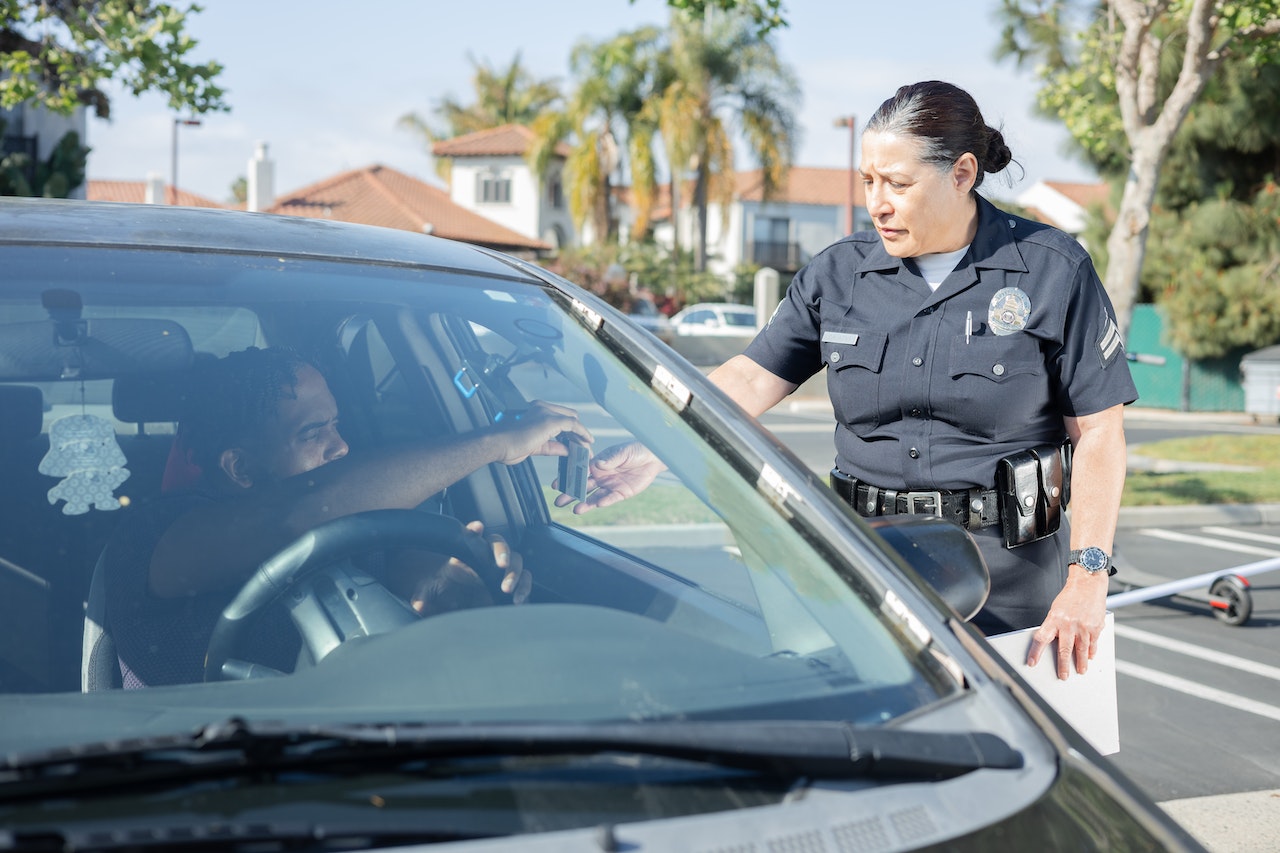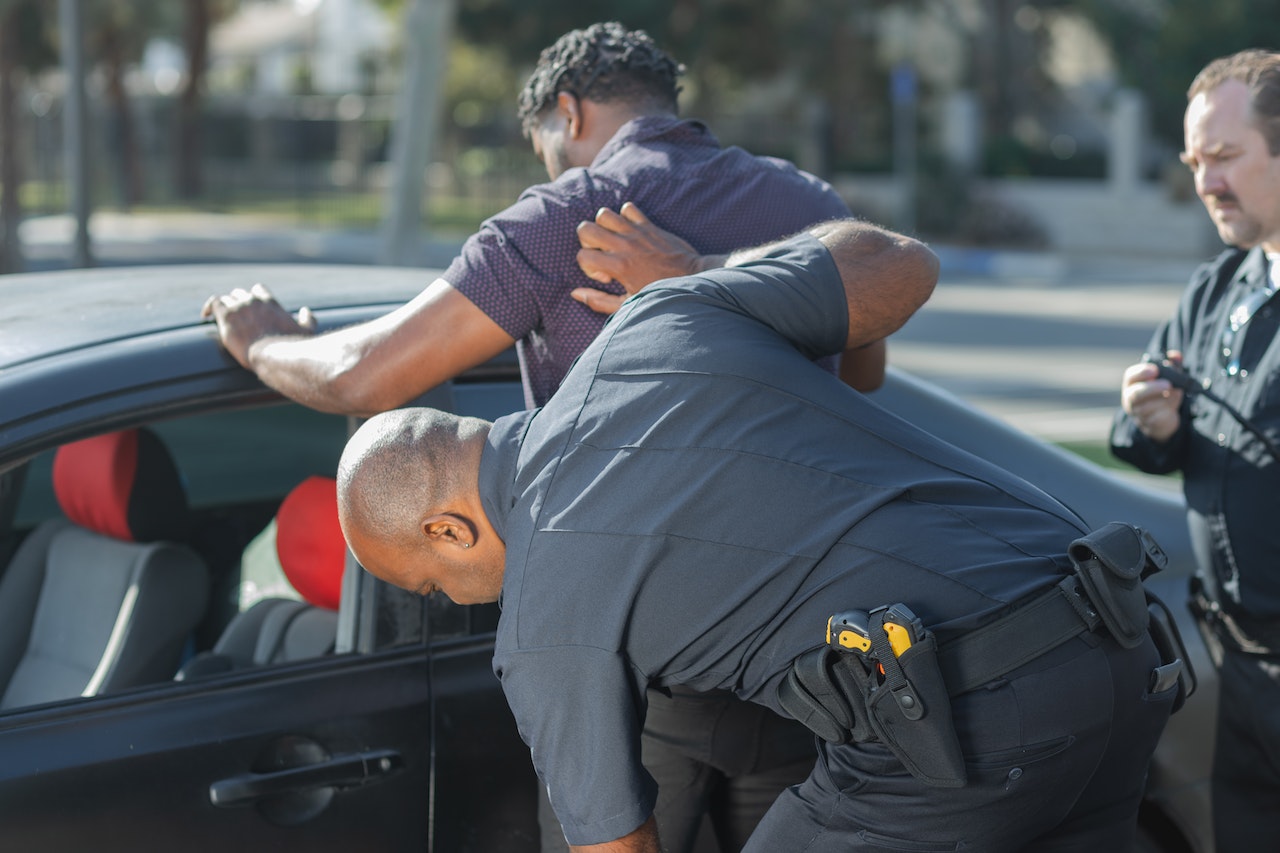It is always a bad decision to be uncooperative when dealing with law enforcement, especially during a DUI stop. DUI stops are stressful enough, and no one wants to get in more trouble with the police when they already suspect you of breaking the law.
Although you shouldn’t be uncooperative, don’t forget that you have rights during a DUI traffic stop. Most drivers end up sacrificing their rights when they are pulled over because they simply don’t know what to do.
At Stechschulte Nell Law we want to make sure you know that during a DUI stop in Florida, you have the following three rights: the right to remain silent, the right to refuse a search, and the right to not participate in field sobriety tests.

The Right to Remain Silent
Unless you are under interrogation in police custody, police officers are not required to read you your Miranda Rights. Miranda Rights are the legal rights of an arrested person, in police custody, to have an attorney, and to have the right to refuse to answer any questions that could self-incriminate themselves in later criminal proceedings.
As law enforcement approaches your car window during a DUI stop, they are not required to read you your Miranda Rights (as you are not under arrest at this moment). They may begin to ask you basic questions, such as:
- Where are you going?
- Where are you coming from?
- How much have you had to drink?
- Do you have any alcohol in your vehicle?
You do not have to answer these questions by law. By law, all you are required to do is provide your basic information and show your license, registration, and proof of insurance. If they continue to ask you additional questions, you should clearly state you are utilizing your Fifth Amendment right to remain silent.
Do Not Consent to a Search of Your Vehicle
Law enforcement may next ask if it is okay to search your vehicle. While you may feel intimated at the moment, and too scared to say no, you do have the right to refuse a search. Just calmly and clearly state that you do not consent to a search of your vehicle.
However, there are four exceptions to this rule. Law enforcement can conduct a warrantless search if:
- You consent to the search when they ask
- There is evidence in plain view (i.e., an open alcohol container in view)
- Public safety is at immediate risk
- Search incident to lawful arrest
Do Not Participate in Field Sobriety Tests
This right may be very confusing to people who are not legal professionals. It is important to know that there is a difference between field sobriety tests and implied consent laws, and our team at Stechschulte Nell Law wants to make sure you understand.
There are three types of field sobriety tests that you have the right to refuse at a DUI stop. These field sobriety tests are often difficult to prove intoxication, as many sober drivers are unable to pass; therefore, it is better to refuse to participate in these three field sobriety tests. They are:
- One-Leg Stand Test: This test has the person in question hold one foot off the ground about six inches while counting slowly to 30.
- Walk and Turn Test: This test has the person in question taking nine heel-to-toe steps along a straight line and returning in the opposite direction.
- Horizontal Gaze Nystagmus: This test shows that someone is intoxicated by the involuntary jerking of one’s eyes when it gazes to the side.
The one test you cannot refuse is chemical tests, like a breath test. These tests are covered under the implied consent law.
When you obtain your driver’s license
you are automatically consenting to certain
implied consents, such as a breath test.

Pulled over in a DUI stop? Were Your Rights Violated?
After a DUI stop and arrest, it is important to act fast! Our attorneys at Stechschulte Nell Law will investigate all the details of your DUI arrest to determine if law enforcement followed proper protocols, ensuring that your rights were not violated during your arrest.
If law enforcement failed to protect your rights, Stechschulte Nell Law will make sure your case is dismissed, saving you from conviction and a criminal record. If you believe your rights were violated during your DUI stop and arrest, contact Stechschulte Nell Law today at (813) 280-1244 for a free consultation.







